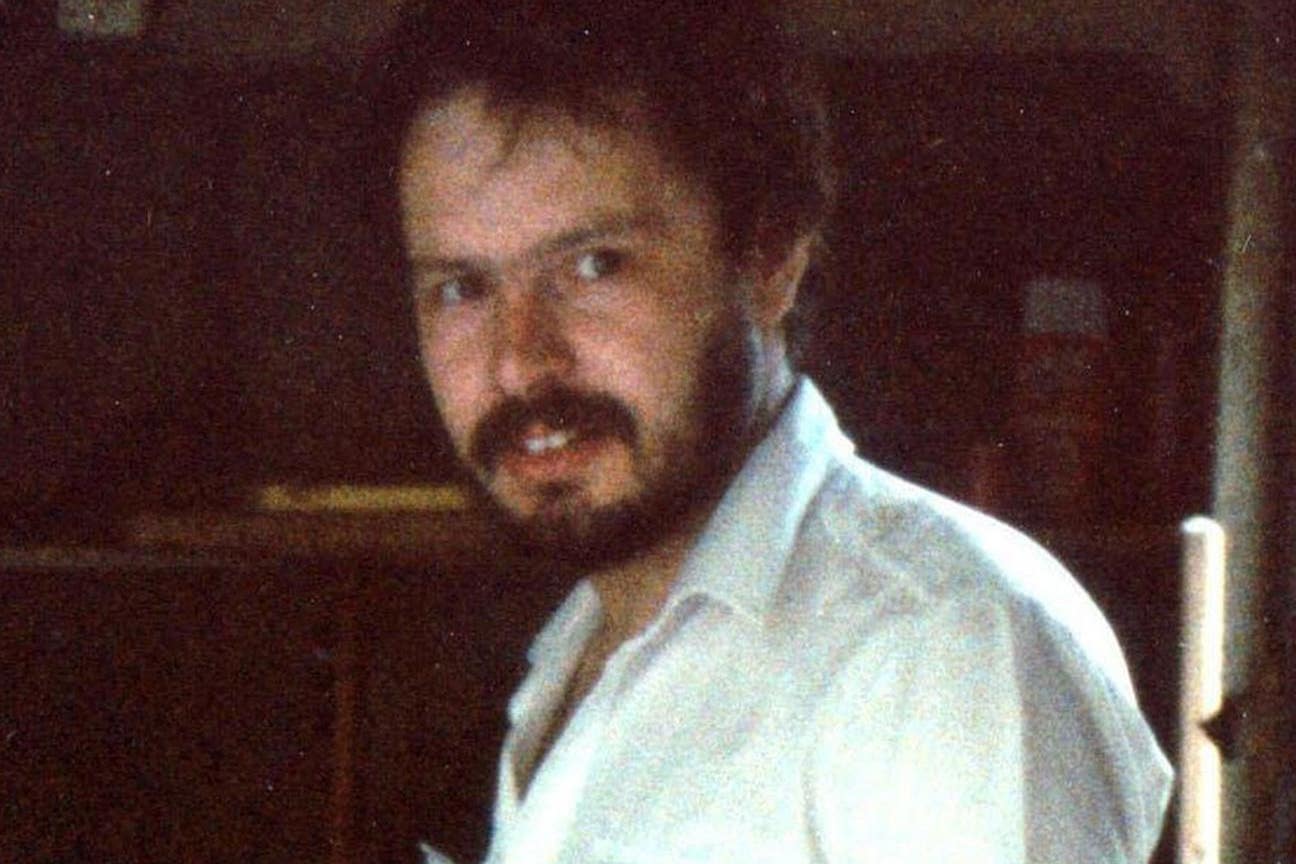Daniel Morgan murder investigation marred by corruption, police chief admits
The 37-year-old was killed with an axe in the car park of a pub in Sydenham, south-east London, in March 1987. His attacker has never been caught.

Your support helps us to tell the story
From reproductive rights to climate change to Big Tech, The Independent is on the ground when the story is developing. Whether it's investigating the financials of Elon Musk's pro-Trump PAC or producing our latest documentary, 'The A Word', which shines a light on the American women fighting for reproductive rights, we know how important it is to parse out the facts from the messaging.
At such a critical moment in US history, we need reporters on the ground. Your donation allows us to keep sending journalists to speak to both sides of the story.
The Independent is trusted by Americans across the entire political spectrum. And unlike many other quality news outlets, we choose not to lock Americans out of our reporting and analysis with paywalls. We believe quality journalism should be available to everyone, paid for by those who can afford it.
Your support makes all the difference.The investigation into the unsolved murder of private investigator Daniel Morgan was “marred by a cycle of corruption, professional incompetence and defensiveness”, the Metropolitan Police have admitted.
Mr Morgan, a 37-year-old father-of-two, was killed with an axe in the car park of the Golden Lion pub in Sydenham, south-east London, on March 10 1987.
His attacker has never been caught.
A string of inquiries over the decades have unearthed allegations of corruption and led to accusations the Met put its reputation above finding the killer.
On Wednesday, the force and lawyers for Mr Morgan’s family said they have reached a “mutually satisfactory settlement” – after his relatives began legal action against the Met.
Both sides said details of the settlement are confidential, although The Times reported on Monday the force has agreed a £2 million payout.
Met Police Commissioner Sir Mark Rowley said in a statement on Wednesday morning: “I unequivocally and unreservedly apologise for the failure of the Metropolitan Police Service to bring those responsible for the murder of Daniel Morgan to justice.
“From the earliest stages, his family have been repeatedly and inexcusably let down by the Metropolitan Police.
“This case has been marred by a cycle of corruption, professional incompetence and defensiveness that has repeated itself over and over again.”
Sir Mark said campaigning by Mr Morgan’s family exposed systemic failings in the organisation.
“I have met with the family and listened to vivid and moving accounts of the devastating impact those failings have had on their lives. They have explained how their trust in policing has been eroded,” he added.
Mr Morgan’s death is one of the longest-running and most notorious unsolved cases to have faced the Met.
Despite five police inquiries, an inquest and an eight-year independent inquiry, the force is no closer to bringing his killer to justice.
His family said in a statement: “The family of Daniel Morgan, deceased, proposed to bring civil claims arising out of his murder on March 10 1987 and the ensuing investigations into that murder against the Metropolitan Police Commissioner.
“As a result of a formal mediation process in July 2023, the parties were able to agree a mutually satisfactory settlement of the proposed claims, including an admission of liability on behalf of the commissioner in respect of the conduct of his officers in response to the murder.”
The initial investigation into Mr Morgan’s death in 1987 was heavily criticised. The murder scene was not searched and was left unguarded and there were no alibis sought for all the suspects.
A later probe by Hampshire Police, brought in to investigate amid fears of corruption, was compromised when a senior Met officer was appointed to work with the team.
In June 2021, an independent panel produced a scathing report which accused the Met of “a form of institutional corruption” for concealing or denying failings over the unsolved murder.
Then, last March, a police watchdog found that the force had failed to learn lessons from the case and that the Met’s systems to combat corruption were not fit for purpose.
In renewed shame for the Met in May this year, documents relating to the inquiry into Mr Morgan’s death were found in a locked cabinet at New Scotland Yard that had not been used for several years.
Some 95 pages of material that should have been disclosed to the panel were discovered.
A further 71 pages that would have been provided to His Majesty’s Inspectorate of Constabulary and Fire & Rescue Services (HMICFRS) as part of its subsequent inspection were identified.